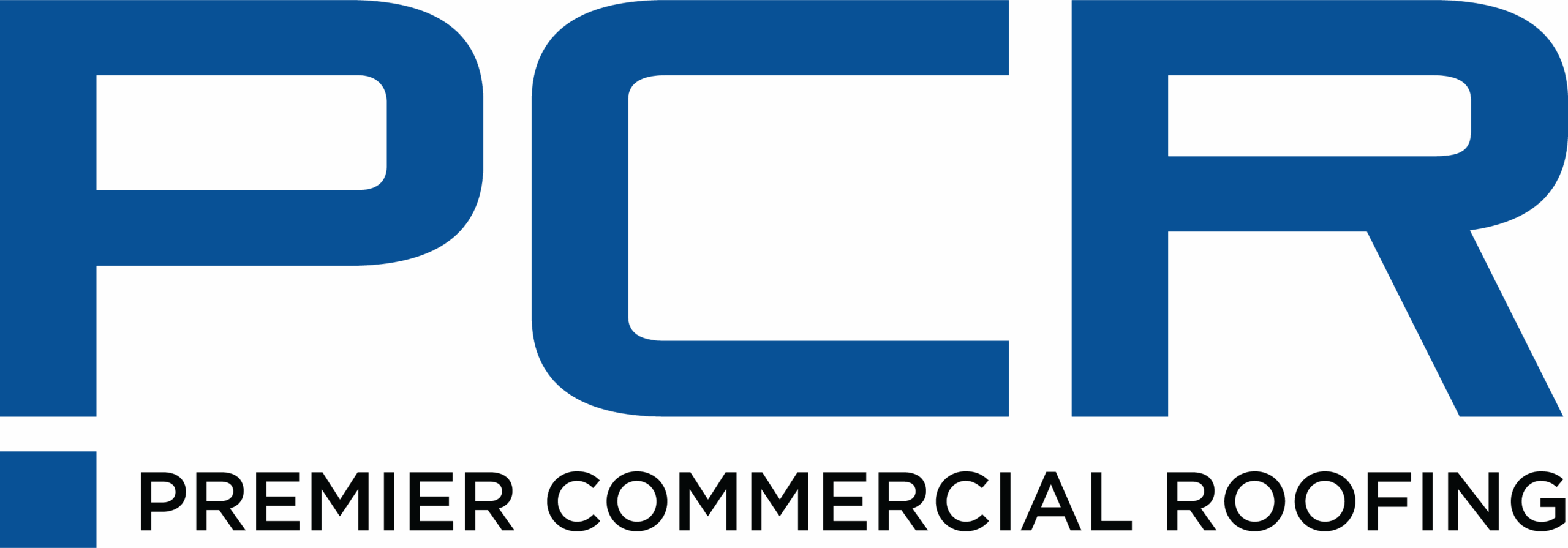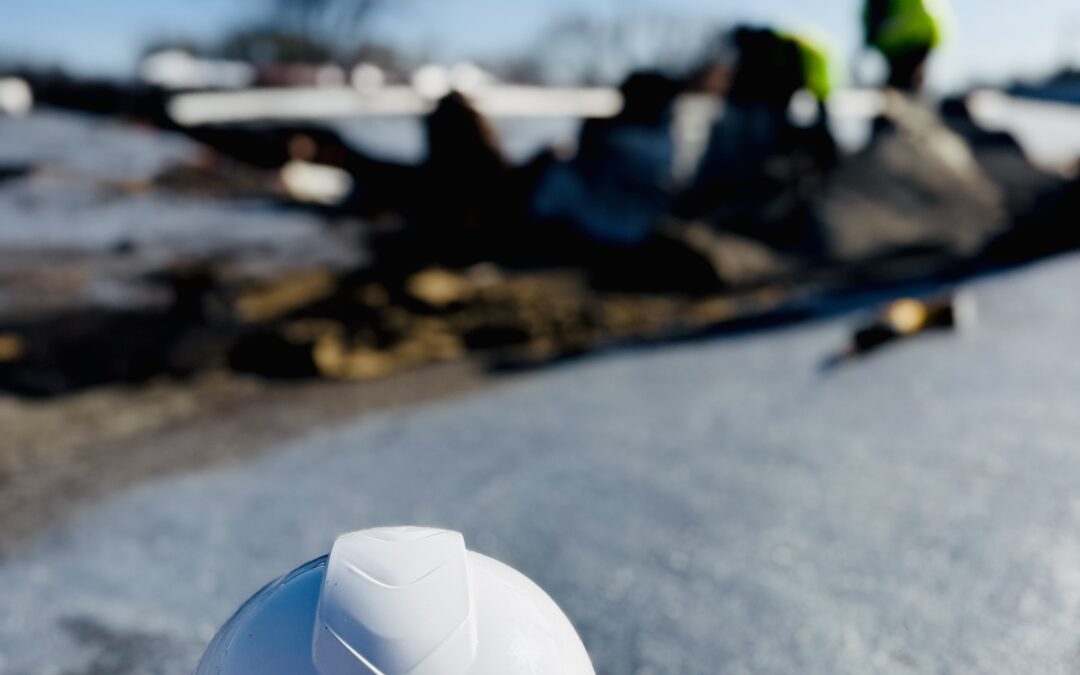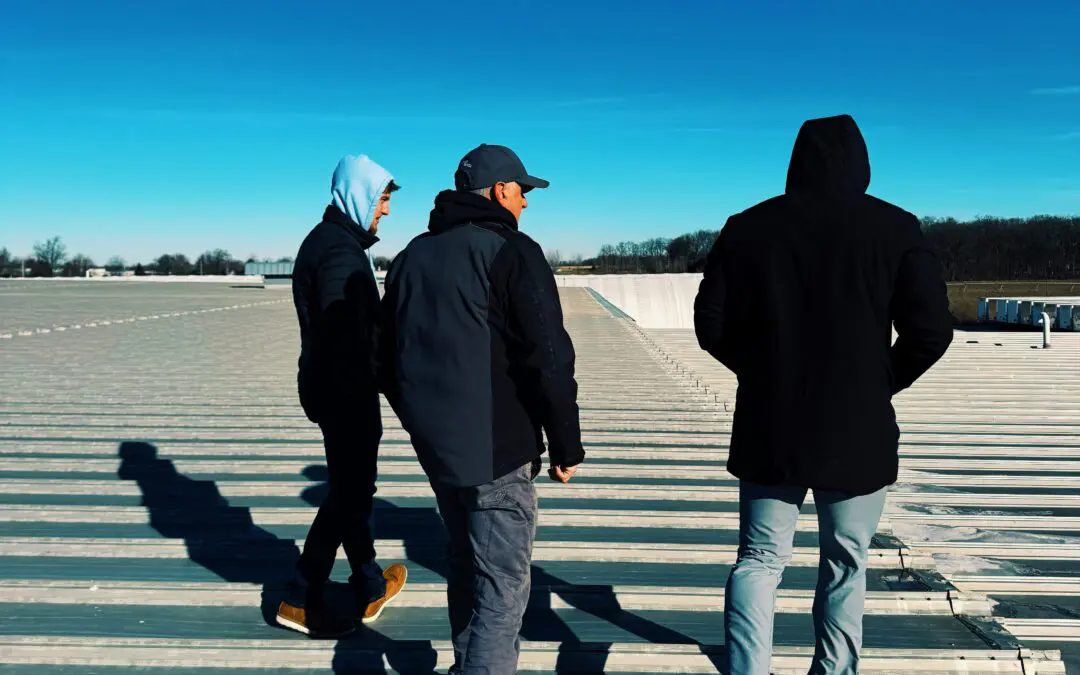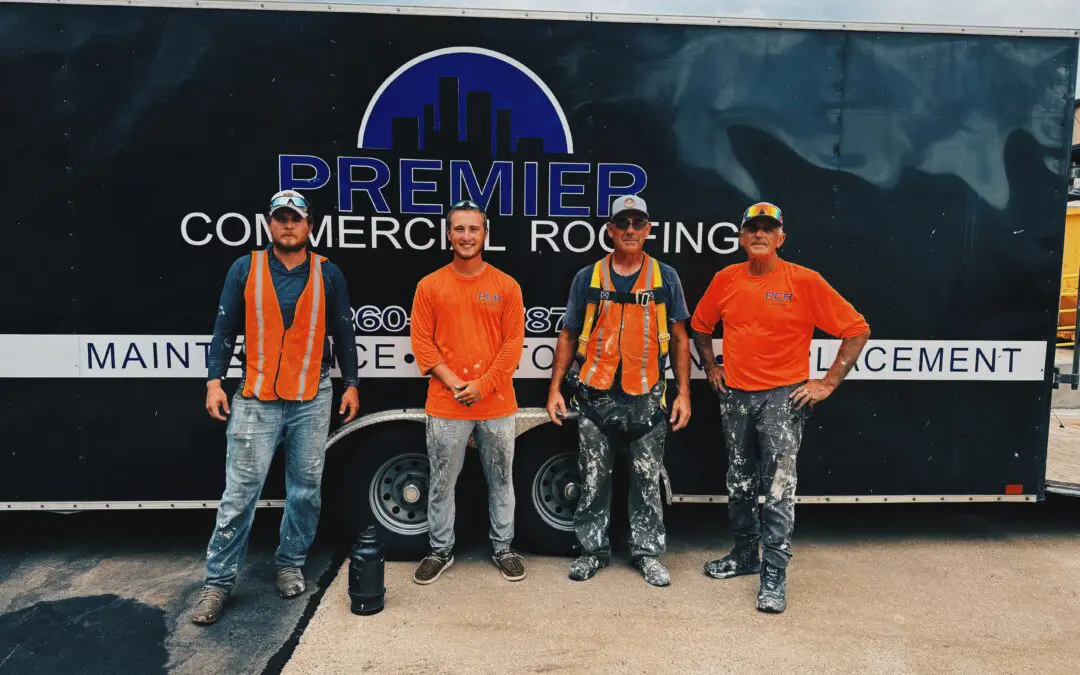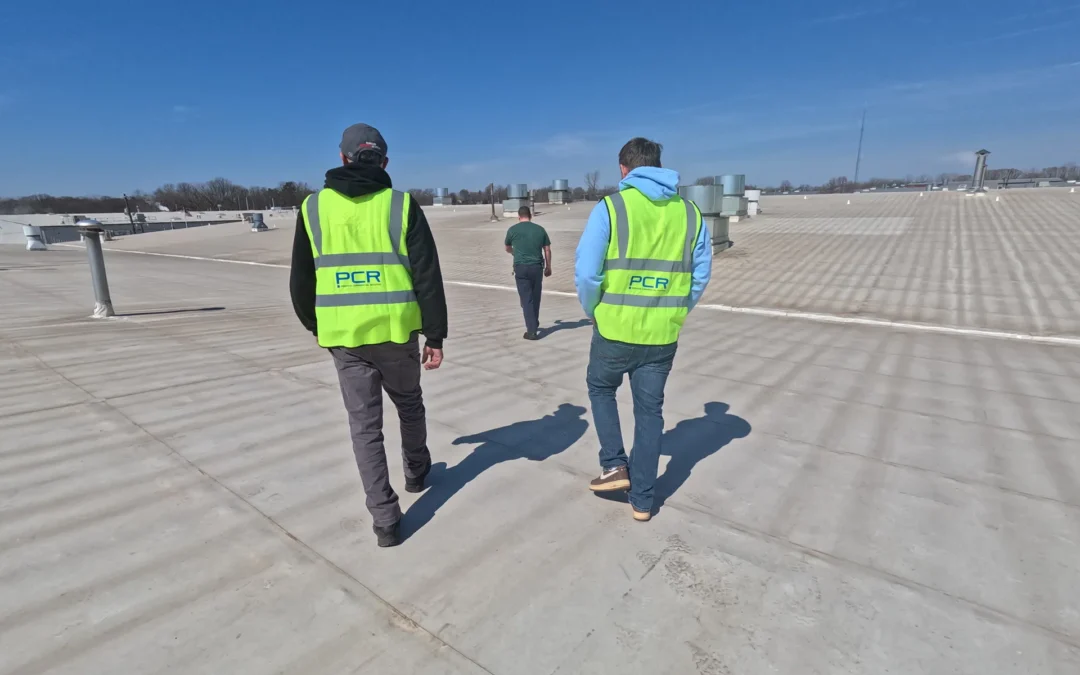The roof is one of the most important structural components of any new commercial building. It protects the property, supports energy efficiency, and plays a vital role in long-term maintenance costs. When planning a new construction project, selecting the right roofing system involves more than just picking a material. You also need to consider code compliance, insulation requirements, durability, and overall costs.
In this complete guide, we walk you through everything you need to know about new construction commercial roofing. From the most popular material options to code requirements and price considerations, this article will help you make an informed decision before you build.
Planning for New Construction Roofing
Roofing decisions should begin early in the construction process, not as an afterthought. Your roof affects everything from structural engineering and HVAC performance to the building’s appearance and insurance. Coordinating roofing plans with architects, engineers, and general contractors helps ensure the system fits both performance and design goals.
It is also important to work with a commercial roofing contractor during the planning phase. A qualified roofer can evaluate your building’s use, climate, and local codes to recommend materials that fit your project goals and budget. Getting expert advice early on reduces costly changes later.
Top Commercial Roofing Materials for New Construction
The right roofing material will depend on your building type, location, and long-term needs. Here are the most commonly used options in commercial construction.
TPO Roofing
TPO (thermoplastic polyolefin) is a single-ply membrane known for its reflective surface and energy efficiency. It is one of the most affordable and widely installed systems for flat and low-slope commercial roofs. TPO performs well in hot climates and is resistant to UV rays, punctures, and algae.
EPDM Roofing
EPDM is a durable rubber membrane used on low-slope commercial roofs. Known for its flexibility and weather resistance, EPDM can last up to 30 years with proper maintenance. It is a solid choice for buildings in colder regions thanks to its ability to withstand freeze-thaw cycles.
PVC Roofing
PVC is a premium single-ply roofing system that is highly resistant to chemicals, grease, and fire. This makes it an excellent option for restaurants, factories, or facilities with rooftop HVAC and ventilation. It also reflects heat, contributing to energy efficiency.
Modified Bitumen
Modified bitumen roofing is a multi-layered, asphalt-based system often installed using torch or cold adhesive applications. It is ideal for buildings that experience foot traffic or require added impact resistance. It also offers solid performance in both hot and cold climates.
Metal Roofing Systems
Standing seam and R-panel metal roofs are durable and visually appealing. They perform well on buildings with low-slope or pitched designs and offer excellent longevity, often exceeding 50 years. Metal roofs are also energy-efficient and fire-resistant.
Built-Up Roofing (BUR)
BUR systems, also known as hot tar roofs, are made up of multiple layers of felt, asphalt, and gravel. While they have a long history in commercial roofing, many builders are now choosing more modern alternatives for easier installation and environmental considerations.
Building Codes and Compliance Considerations
New construction commercial roofing must meet local, state, and national building codes. The International Building Code (IBC) provides the baseline for commercial roof design, including structural support, insulation R-values, wind uplift, fire ratings, and drainage.
You will also need to consider OSHA safety requirements for the roofing crew during installation. Some areas may have specific codes related to snow loads, high winds, or cool roof standards. A professional roofing contractor like Premier Commercial Roofing can help ensure your project meets all required regulations before and after installation.
Commercial Roofing Costs: What to Expect
Roofing costs vary depending on the material, size of the building, installation complexity, and regional labor rates. On average, here is what you can expect to pay per square foot:
- TPO or EPDM: $4 to $8
- PVC: $7 to $12
- Modified Bitumen: $5 to $10
- Metal Roofing: $10 to $16
- Built-Up Roofing: $5 to $9
Keep in mind that these figures are estimates. While TPO and EPDM have lower upfront costs, metal and PVC often provide better long-term value because of their durability and energy savings. Always ask for a detailed proposal that includes labor, materials, insulation, and warranty coverage.
Energy Efficiency and Sustainability Options
More builders are incorporating sustainability into their roofing design. Cool roofing materials such as TPO, PVC, and metal reflect heat and help reduce HVAC costs. Green roof systems that incorporate vegetation can improve insulation, reduce runoff, and contribute to LEED certification.
Insulated roof panels and high R-value systems reduce thermal bridging and can lead to significant savings over time. Solar-ready roofs and integrated mounting systems are also gaining popularity in new commercial construction.
Some states or cities offer tax credits or energy rebates for using reflective or eco-friendly roofing materials. Be sure to check with your contractor and local authorities when designing an energy-efficient roof.
Choosing the Right Roofing Partner for New Construction
Selecting the right commercial roofing contractor is just as important as choosing the right materials. Look for a company with experience in new construction projects, manufacturer certifications, and strong communication skills.
Ask about warranties, safety protocols, and how they coordinate with architects and general contractors. A reputable contractor will provide a clear project timeline, an accurate cost estimate, and transparency throughout the process.
Premier Commercial Roofing works closely with developers, property owners, and construction managers to ensure every roof is built to spec, up to code, and on time.
Final Thoughts: Build Smart with a Roof That Lasts
New construction roofing is an investment that will affect your building’s performance and maintenance for decades. By understanding your options and working with a knowledgeable contractor, you can make decisions that align with your budget, timeline, and energy goals.
If you are planning a commercial building project, do not wait until the last minute to plan your roof. Get expert input early so your system is properly designed, fully compliant, and built to last.
Premier Commercial Roofing offers expert roofing solutions tailored to new construction. From material selection and code compliance to precise installation and long-term performance, we help commercial property owners and builders complete roofing projects with confidence.
Contact Premier Commercial Roofing today to schedule a consultation or request a bid for your new construction project.
